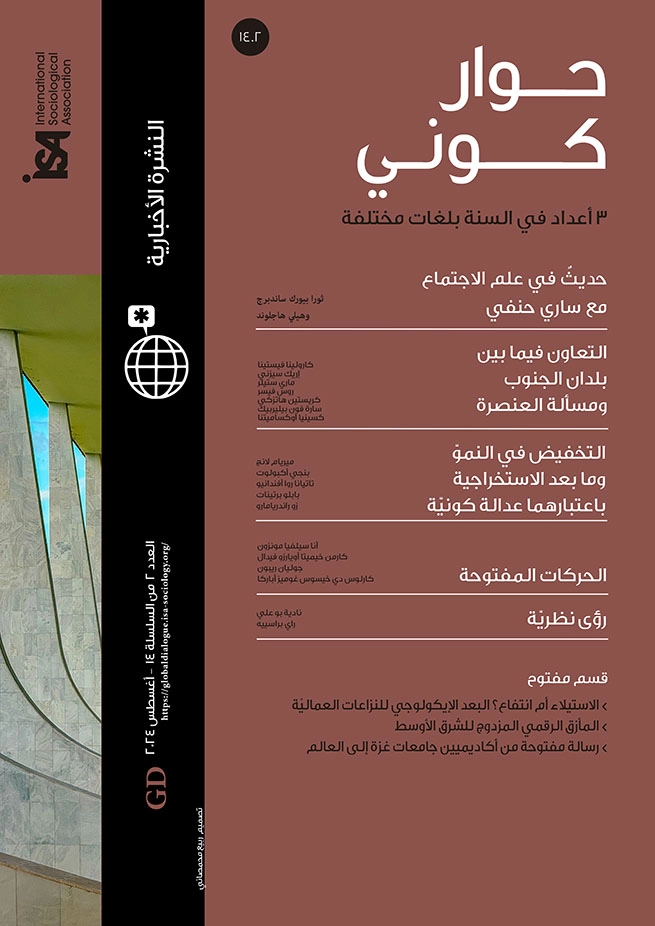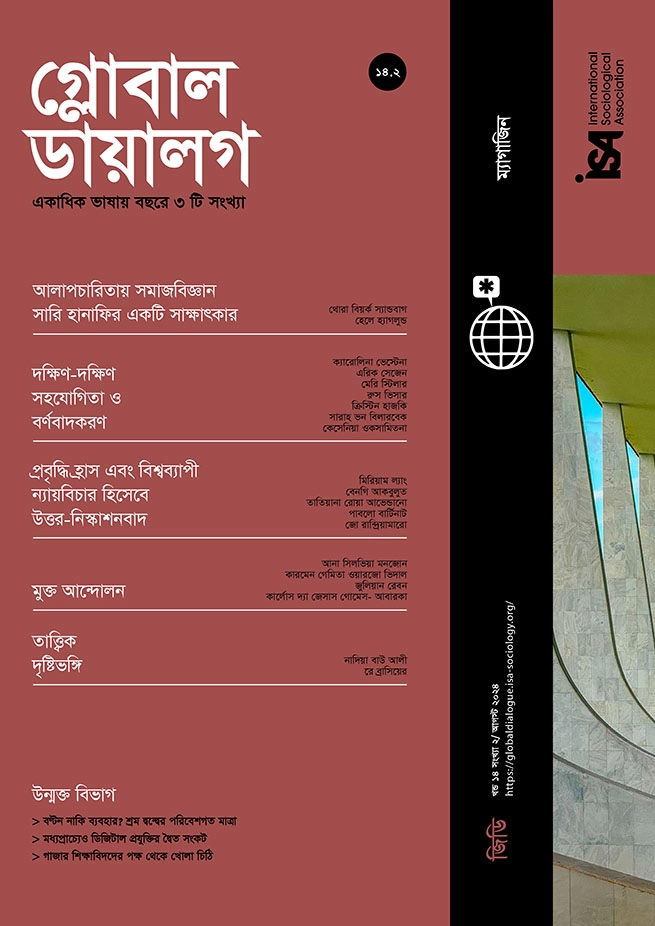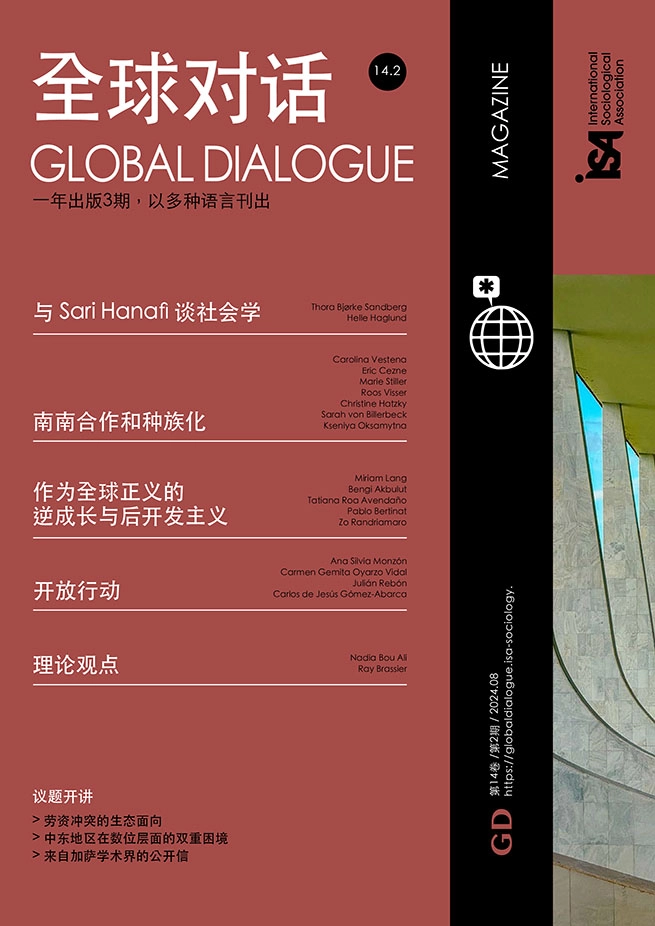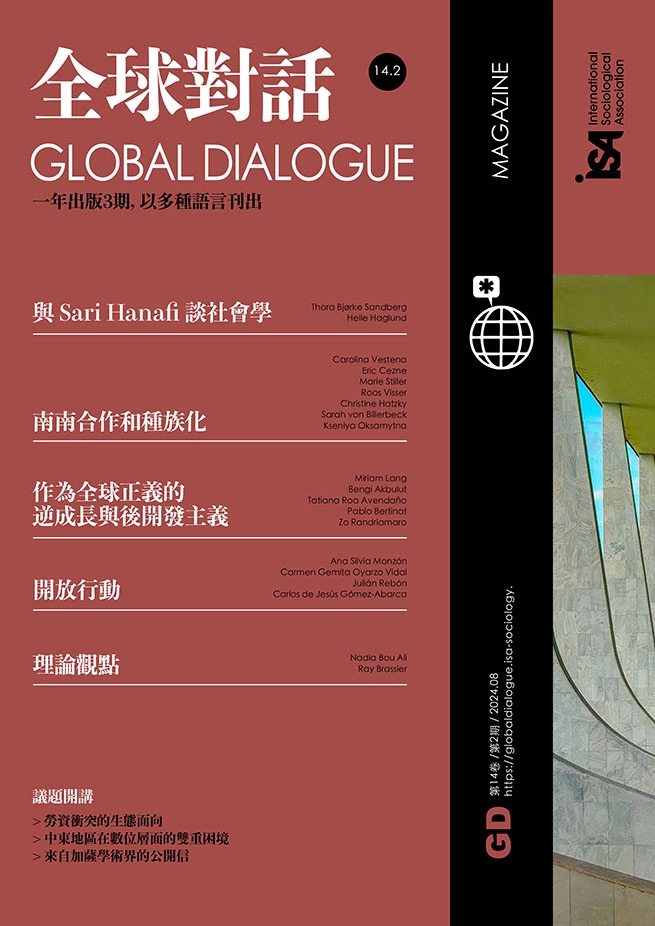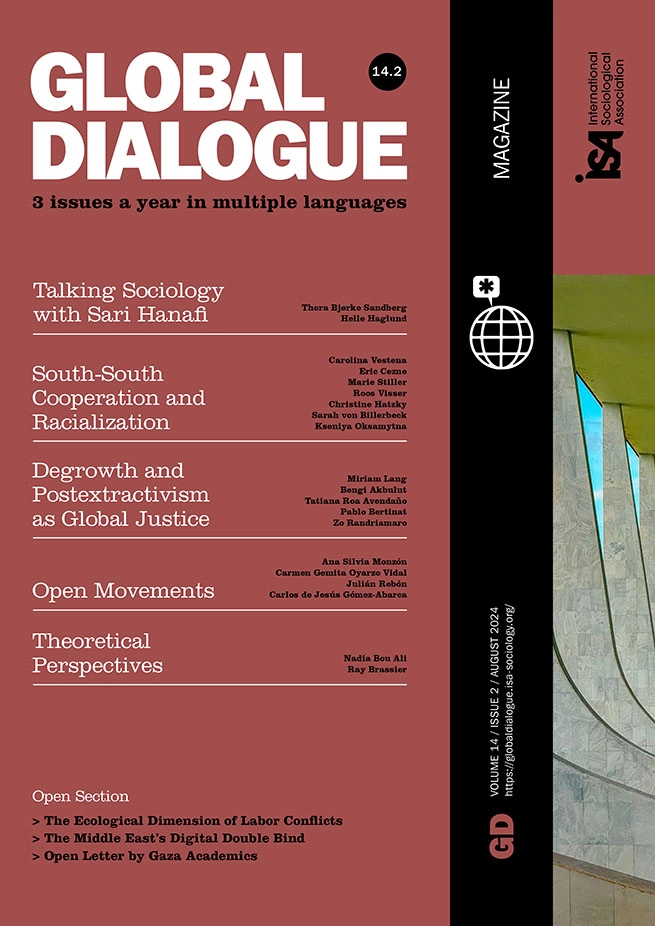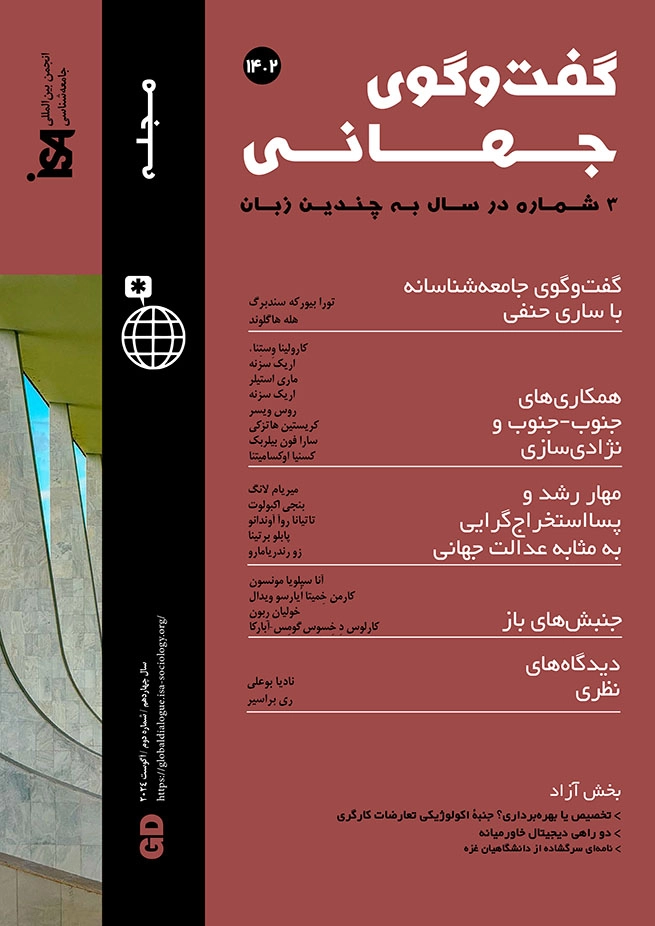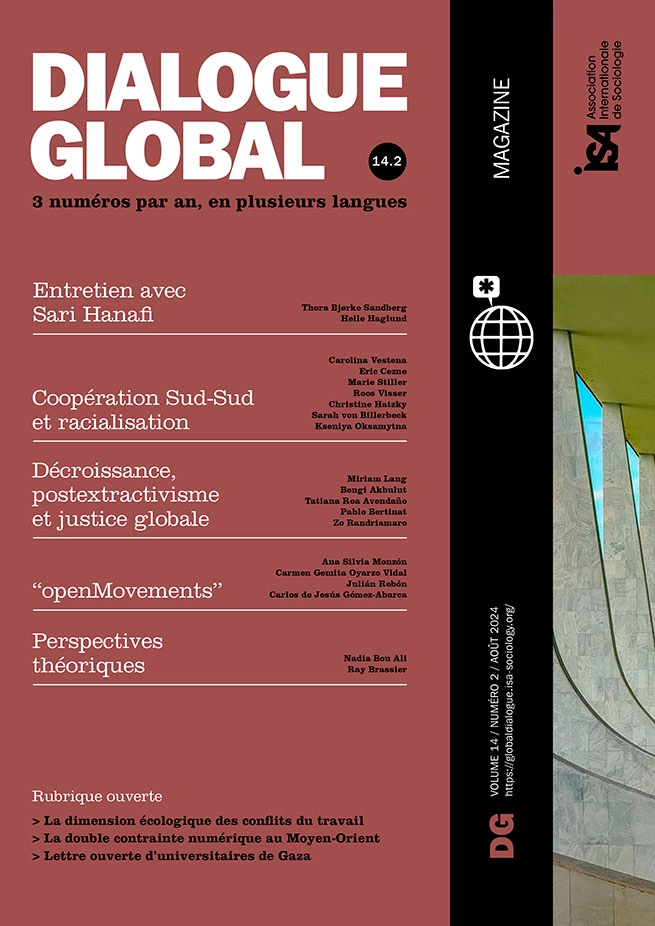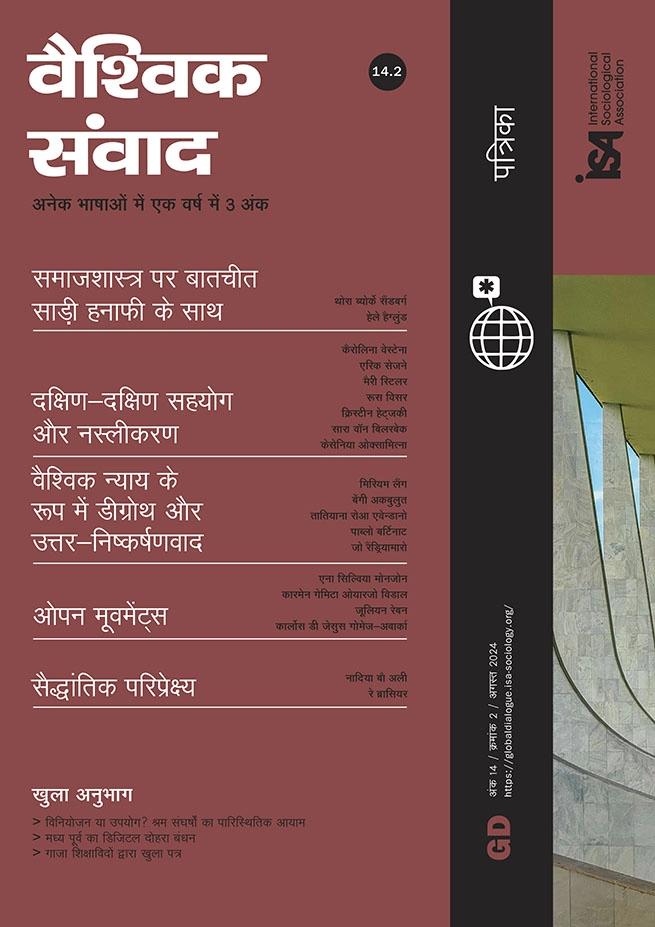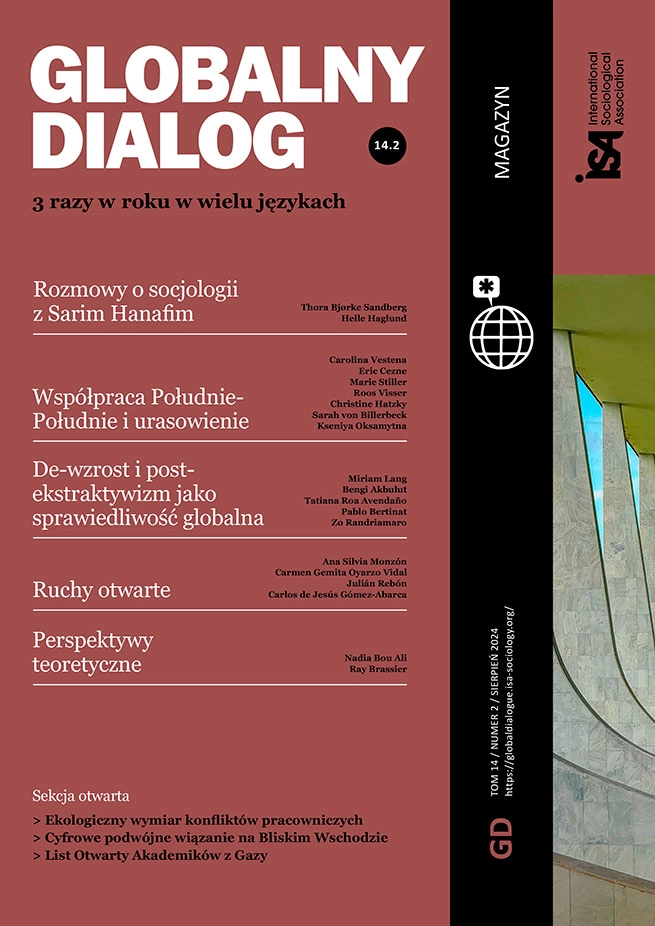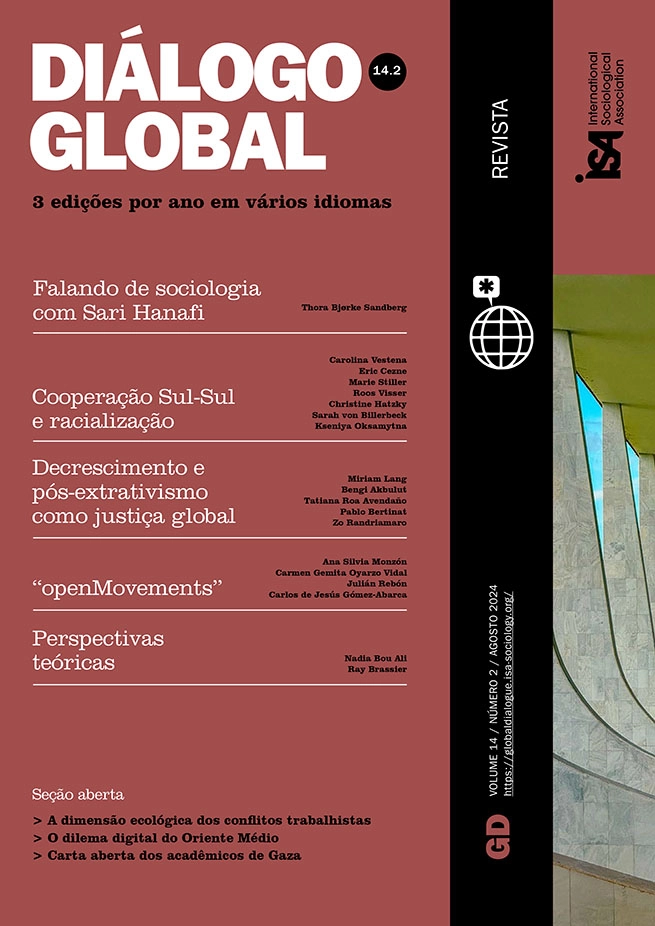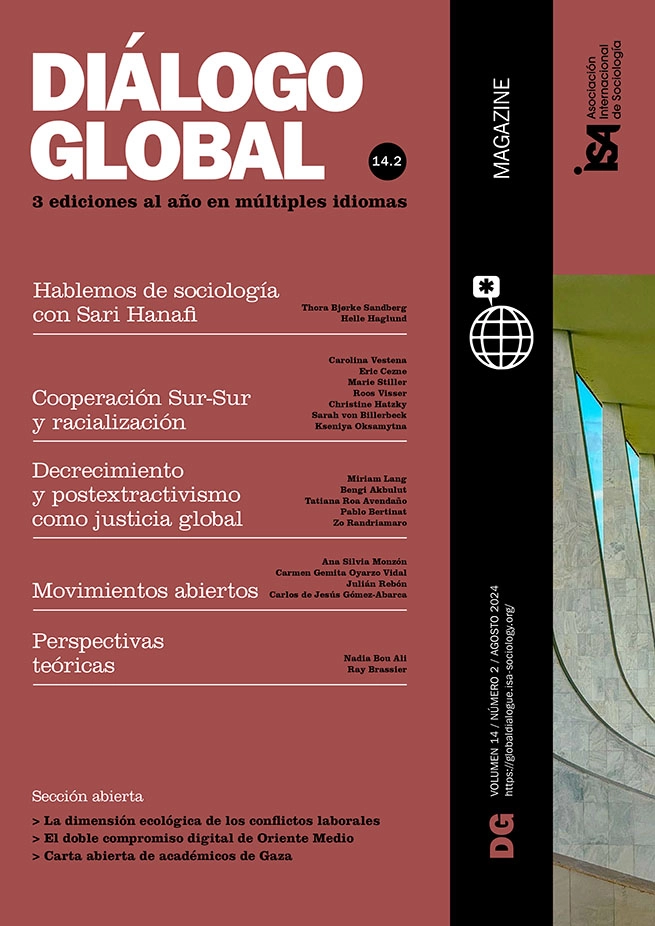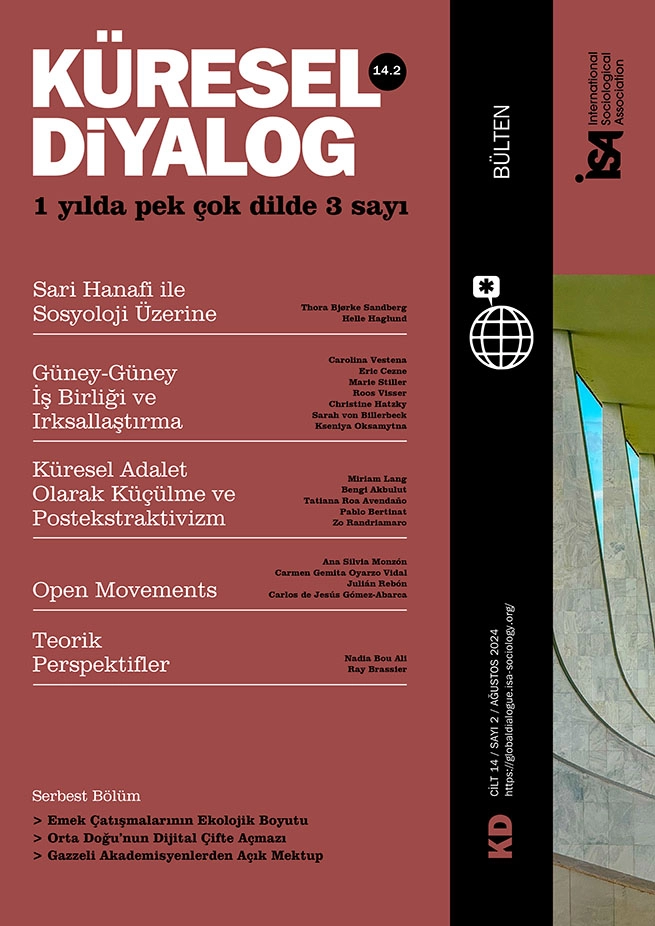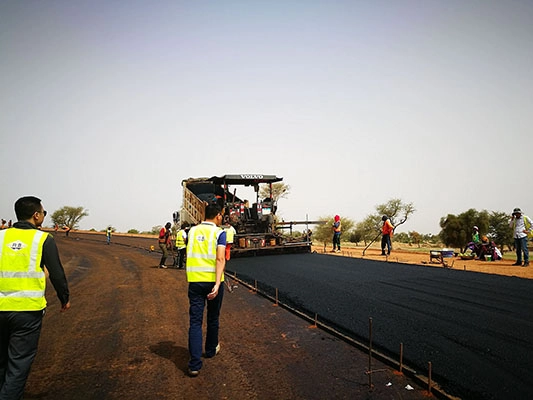In 2020, amid the powerful confluence of a global pandemic and worldwide anti-racist protests, events in the Chinese city of Guangzhou reignited discussions of racism in Africa–China relations. Measures implemented to prevent and contain Covid-19 disproportionately targeted Africans and people of African descent. Many faced eviction, homelessness, and discrimination in public spaces, sparking an outcry among African diasporas and governments.
Africa–China relations have traditionally been depicted as friendship grounded in South–South solidarity and empathy. The significant growth in these, especially since the early 2000s, has given rise to a plethora of opportunities but also challenges. The surge in travel, migration, and business in both directions has fostered dynamic trade, investment, and cultural exchanges. Yet, increased contact has also led to instances of racial discrimination, suspicion, and segregation, to which the recent incidents in Guangzhou stand as a testament.
Racism and racial prejudice in Africa–China relations are rooted in intricate historical and global dynamics. Importantly, these issues are not limited to Chinese perspectives and treatment of Africans, as racism manifests in various forms. Racialization – the extension of racial meanings and classifications to social relationships – occurs in both directions, impacting Africans in China and Chinese individuals in Africa alike.
Africans in China
Apart from Guangzhou, numerous cases of anti-African (usually anti-Black) sentiment have been documented across China. A notable case is the “campus-racism” of the 1980s, with African students facing a racially motivated backlash from their Chinese peers. Africans were depicted as “polluting” Chinese society through their relationships with Chinese women, as backward and lazy, and deemed unworthy of China’s aid.
Such racial thinking has persisted over time and has now found a platform on Chinese social media channels like WeChat and Weibo, where it is not uncommon to encounter racial slurs against Africans. Chinese users frequently construct a derogatory image of Africa and Africans, which is contrasted to China’s recent successes and development. By racializing Africans as lazy, undeserving, and sexually aggressive, the Chinese seek to position themselves as hardworking, deserving, and respectful. This depiction reflects historical constructions of Blackness and racial identities in China, which are often intertwined with notions of cultural and racial superiority, particularly of the dominant Han group over foreigners and other Chinese minorities.
Today, approximately 500,000 African migrants live in China, experiencing varied perceptions of racism in their interactions with the local population. While some feel welcomed and attribute discriminatory behavior to ignorance, others encounter highly prejudiced treatment. Often, racial discrimination in China is viewed as primarily institutional. Unlike the “campus-racism” of the 1980s, clashes often occur between (illegal) African residents and hostile authorities, who are seen to unfairly apply migration and law enforcement measures against Africans. Many have blamed African governments for failing to address their citizens’ grievances in China, over fears of jeopardizing bilateral economic and political deals. Adding to such frustrations is the relative ease with which Chinese migrants secure visas and permits in Africa, compared to the challenges faced by African nationals in China.
The Chinese government has consistently downplayed racial controversies, dismissing instances of anti-African sentiment as isolated and insisting that racism is a Western problem. However, following the widely publicized events in Guangzhou and the outcry from African diasporas and governments, Chinese authorities have been compelled to cautiously acknowledge the existence of racial prejudices. In particular situations, token measures have been implemented to curb discriminatory practices, such as improving foreigners’ access to the health app system to facilitate entry into public spaces during Covid-19 restrictions.
However, such measures tend to treat racism and discrimination as incidental and localized issues rather than systemic and pervasive traits. Deep-seated challenges persist as China tightly restricts human rights advocacy and activism, including anti-racist agendas. Despite the government’s strict control over political and media spaces, it has not yet made significant efforts to curb racial discourses and behaviors within (online) Chinese society.
Chinese in Africa
When examining the Chinese presence in Africa, racial discrimination and tensions are commonly discussed within the context of labor relations, particularly at Chinese construction projects. Chinese employers, managers, and workers have been criticized for displaying racist behaviors when referring to the working habits and practices of their African counterparts, who are portrayed as lazy, unreliable, and untrustworthy. The Chinese have also been accused of engaging in self-segregation: choosing to isolate themselves from Africans in terms of residence, language, and socialization practices due to a dislike of diversity. Notwithstanding, others have cautioned against generic readings of Chinese racism in Africa. We are reminded that labor inequalities and patterns of self-segregation have long been (and remain) a feature of the Western presence in the continent and that there are successful cases of language acquisition and social integration by the Chinese.
Simultaneously, discernible patterns of hostility and anti-China sentiment emerge among African stakeholders. One line of thinking suggests that African racializations of the Chinese must be taken into account too, acknowledging African agency. Anti-Chinese attitudes in Africa mostly come from economic groups who are in direct competition with Chinese entrepreneurs and labor, for instance, those who suffer job losses or experience precarious working conditions. Often, negative portrayals of China as the “yellow peril” engaging in predatory or neo-colonial activities in Africa – common in Western policy and media portrayals – contribute to amplifying these sentiments. This underscores how Africa–China relations are also racialized by external actors, involving an intricate interplay between Whiteness, Blackness, and Chineseness.
African leaders occasionally capitalize on negative sentiments toward the Chinese for political gain, sometimes resorting to strategies of racial nationalism. Criticizing China can serve as a convenient tool for ruling elites to deflect scrutiny and consolidate political power during periods of vulnerability; while opposition groups may utilize anti-China rhetoric to challenge incumbent parties. A notable example is that of Zambian politician Michael Sata, who campaigned for the presidency in 2011 on an anti-Chinese platform. Upon assuming office, however, he modified his rhetoric and actively pursued economic ties with China.
It is crucial, nonetheless, always to contextualize these dynamics and distinguish local, national, and supranational scales. Across many African states, local populations generally welcome the Chinese, appreciating China’s investment, trade, and overall development successes. Yet, while Africans value their relationship with China, they are not prepared to do so at any price, as declared by the deputy Chairperson of the African Union, Kwesi Quartey, in response to the hostilities against Africans in Guangzhou during the pandemic. This highlights the political importance of race-related issues and the necessity for both sides to engage meaningfully with them. Doing so is vital to sustain and strengthen what is often referred to as Sino-African friendship amid evolving – and increasingly challenging – global conjunctures.
Eric Cezne, Utrecht University, The Netherlands <e.m.cezne@uu.nl>
Roos Visser, University of Amsterdam, The Netherlands <rv_visser@outlook.com>





